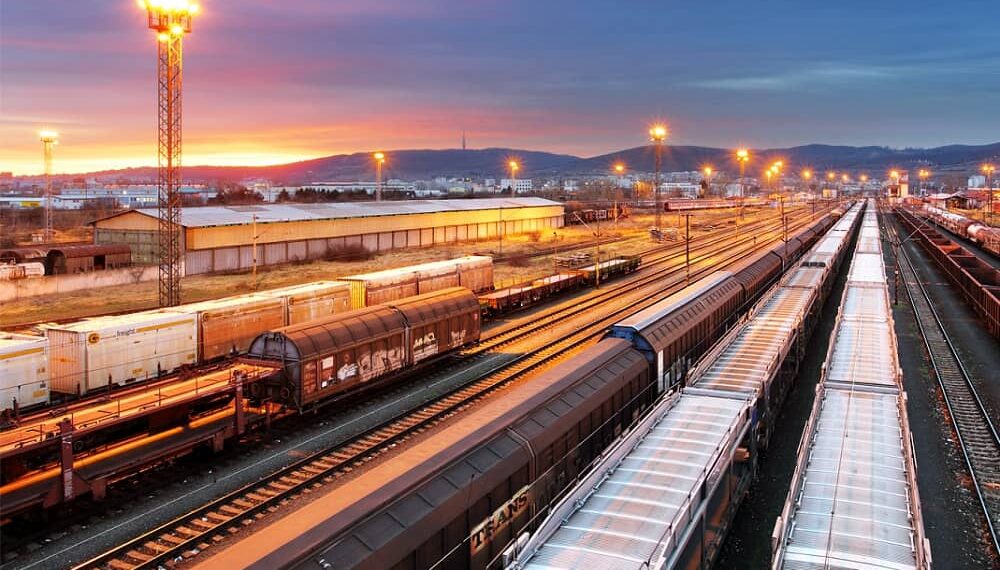Alstom, global leader in smart and sustainable mobility, and Kazakhstan Railways (KTZ) signed a cooperation agreement during the visit of His Excellency Kassym-Jomart Tokayev, The President of the Republic of Kazakhstan to France. The agreement was signed by Andrew DeLeone, President of Alstom in Africa, Middle East and Central Asia and Nurlan Sauranbayev, CEO of KTZ.
Alstom and KTZ reinforced their cooperation for the renewal of KTZ’s locomotive fleet and maintenance support, which includes the next generation locomotive KZ8A(NG). To date, 90 freight and 39 passenger locomotives are in commercial operation with 160 freight and 80 passenger locomotives to be produced and delivered for KTZ. Both parties agreed to join efforts to grow capacity and rail know-how within the supplier base in the country to increase localisation rates. Over the last 12 years, Alstom has developed a strong supplier base with over 340 local partners and plans to expand this base further and increase localisation rates.
Alstom and KTZ agreed to diversify their partnership and create an interlocking centre of excellence in Kazakhstan with the goal of establishing EBI Lock 950 product (signalling) expertise in the country. Alstom is taking a considerable step towards the rail of tomorrow and is a vital player in the framework of sustainable development. Additionally, Alstom will work with KTZ on implementing low emission rail technologies with a focus on hydrogen and battery trains to reduce transport related emissions in the country.
“Alstom’s work in Kazakhstan goes beyond addressing the immediate transportation needs of the country to support KTZ, as they build a strong and sustainable rail industry. We see a growing future in Kazakhstan, one with increased localisation, a larger and diverse employee base and new export opportunities. We remain committed to being a major contributor to the revitalisation of the country’s rail industry and the development of its economy,” said Andrew DeLeone, President of Alstom in Africa, Middle East, and Central Asia.


































